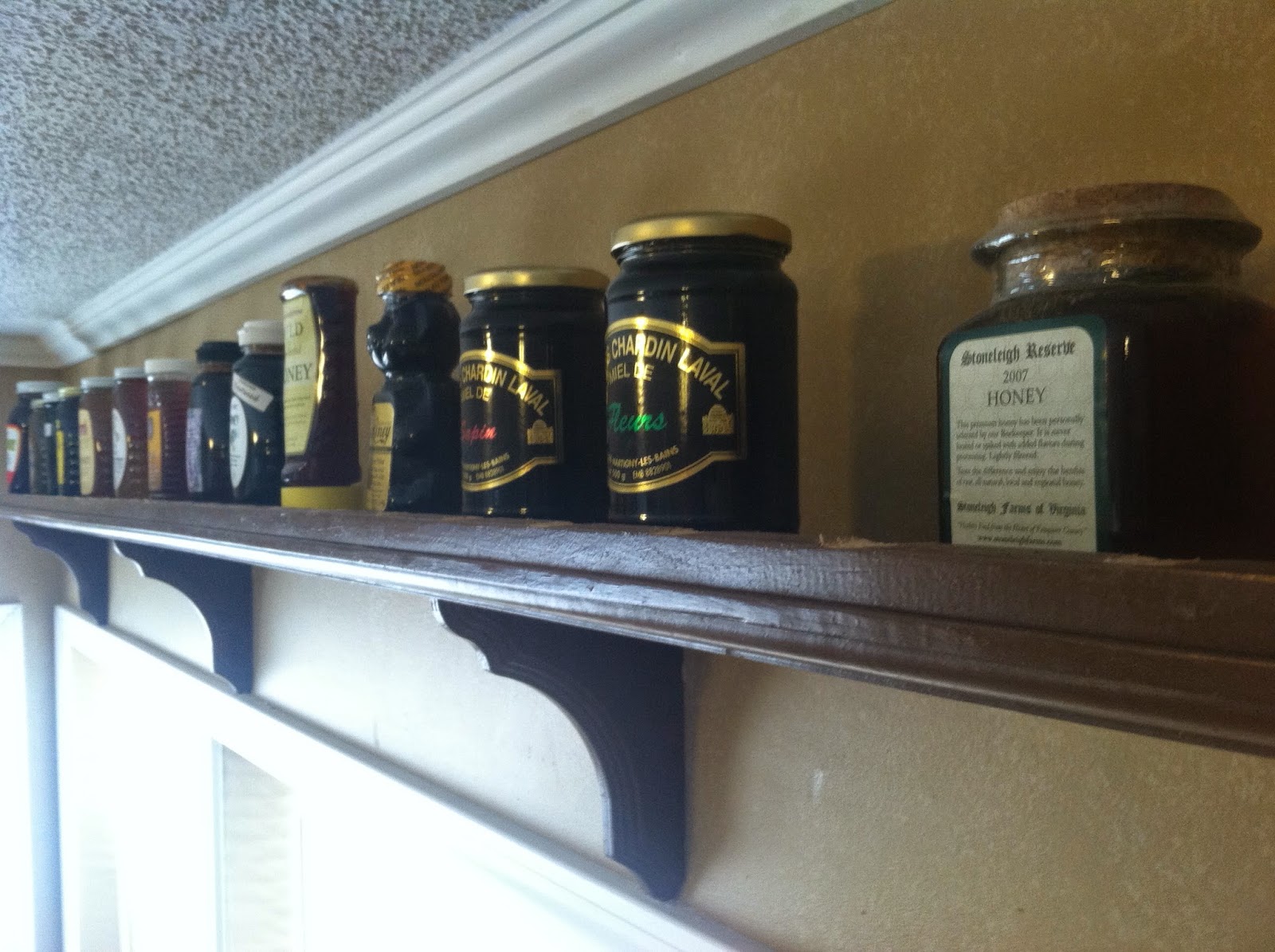So if you want bees and you need them fast, you can always go buy them.
About three weeks ago that's exactly what we did. Back to Georgia, back to Gardners...
First, I thought we just had to take a morning with babysitter Libby and get all the previous year's packages cleaned up:
I knew that we'd get a little money on returns and thought that they'd appreciate these boxes coming back in primo condition.
After a few hours of cleaning I got the bright idea to call my beekeeper friend Dave Heilman and ask what Gardners was giving for returned boxes this year...
"Zero. Nada. Zilch. They quit doing that. Too many damaged boxes, and they can build them cheaper then cleaning them up. Now they just throw them on the burn pile."
Oops. Sorry kids.
They made a nice Ohio bonfire. Super clean.
The reason for the trip (this late in the year) is that I had a Florida nuc deal fall through. 120 nucs (baby beehives) made it up here right on time, April 15th. But I had needed 260! I had requested 260! The rest? They wouldn't be coming until mid-June. I was originally told mid-May. Communication was becoming a real issue with this deal, and three more weeks of uncertainty was just too much. Time to change plans.
So I hit the road on a spry June 1st afternoon having ordered 100 packages from Gardners. I had called five different places in Georgia and Florida, Gardners being the only one able to fill a larger order that quickly.
An hour or two in, it dawned on me that this route was hauntingly familiar. At least this time I wasn't driving through a snowstorm.
I elected to take our small piece-of-crap Ranger. Why? Better gas, better radio... and beyond all reasonable expectations, the truck just refuses to die.
Here is the West Virginia state capital seen through my busted and bird splattered windshield:
The irony was not lost. At some point on the trip it did occur to me that the cargo was worth way more then the motorized courier. Like 10 times as much! Really, I had no business hauling bees in that piece of junk. But it did the job. And it will still go 85 mph. Downhill.
I arrived a little early and had the chance to watch my order being put together.
Here are the queens:
These guys make fast work of it.
There were about 20 employees running around the day I loaded up. Four crews are involved with the shaking of package bees. Each crew has a truck and a swinger:
Everything seemed to run like a well oiled machine.
Which is what you'd expect. They had been at it for about three months. One guy told me that Gardners sold some 60,000 packages this year!
On the flip-side, they also do honey. I nosed around a little while and found the honey house:
A crew of four was in full swing.
Outside, a pile of broken frames gave a few scattered hives a delicious Georgia breakfast:
In the office, Gardners had a line up of honeys from around the country:They don't have to seek these out. Customers bring them! There are at least 100 bottles up there, honey of all types. I would love to sample some of these.
Well, I know what at least two of them taste like...
1500 miles in 36 hours. Long trip, little sleep.
I did sneak a few hours in before the big day of package installation. 100 packages in a single day makes for a long one, but the first 40 were easy:
These 40 hives are building up in Holmes county (Amish Country) at the moment. We took them up last week to work a couple patches of buckwheat which should be coming into bloom very soon. We'll keep you updated on this experiment as it unfolds.So there you are... the easy way of making increase, albeit expensive.















































